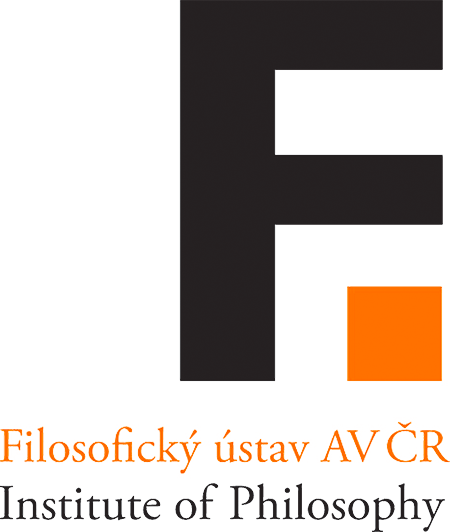Ernst Mach Workshop XIV 2026: Aesthetic Attention
Dates: May 18, 2026 – May 19, 2026
Venue: Academy Conference Center, Husova 4a, Prague, Czech Republic
Organizer: Institute of Philosophy, Czech Academy of Sciences, Prague
Organizing Team: Tomas Marvan, Juraj Hvorecky, Tomas Koblizek
Keynote speakers:
Paloma Atencia-Linares (UNED, Madrid)
Bence Nanay (University of Antwerp)
We cordially invite submissions for the 14th Ernst Mach Workshop, which will focus on the role of aesthetic attention in shaping aesthetic experience and cognitive engagement with the world. The workshop aims to explore how aesthetic attention works and how it influences the appreciation of art and nature, examining its interplay with perception, emotion, and cognitive states. Particular emphasis will be given to modes of aesthetic attention across a range of artistic genres, including painting, sculpture, photography, literature and music, as well as conceptual art and even AI-generated art.
Contributions are welcome from scholars working in aesthetics and the philosophy of mind, as well as from cognitive scientists, experimental psychologists and neuroscientists. There is no registration fee for the event.
Submission deadline: March 20, 2026. Submission portal for anonymized 300-word abstracts: https://emw14.sciencesconf.org/
Inquiries at emw@flu.cas.cz

